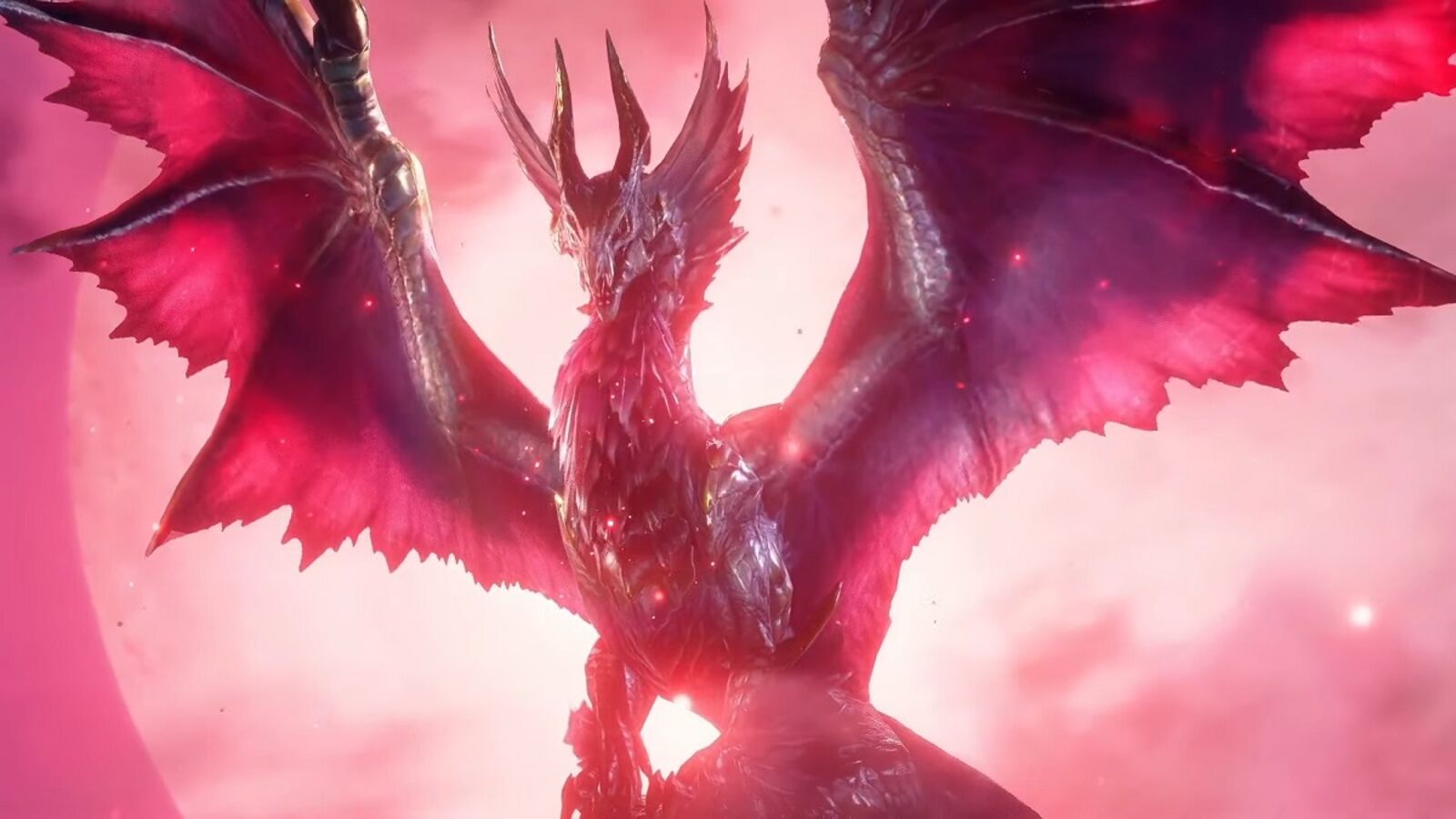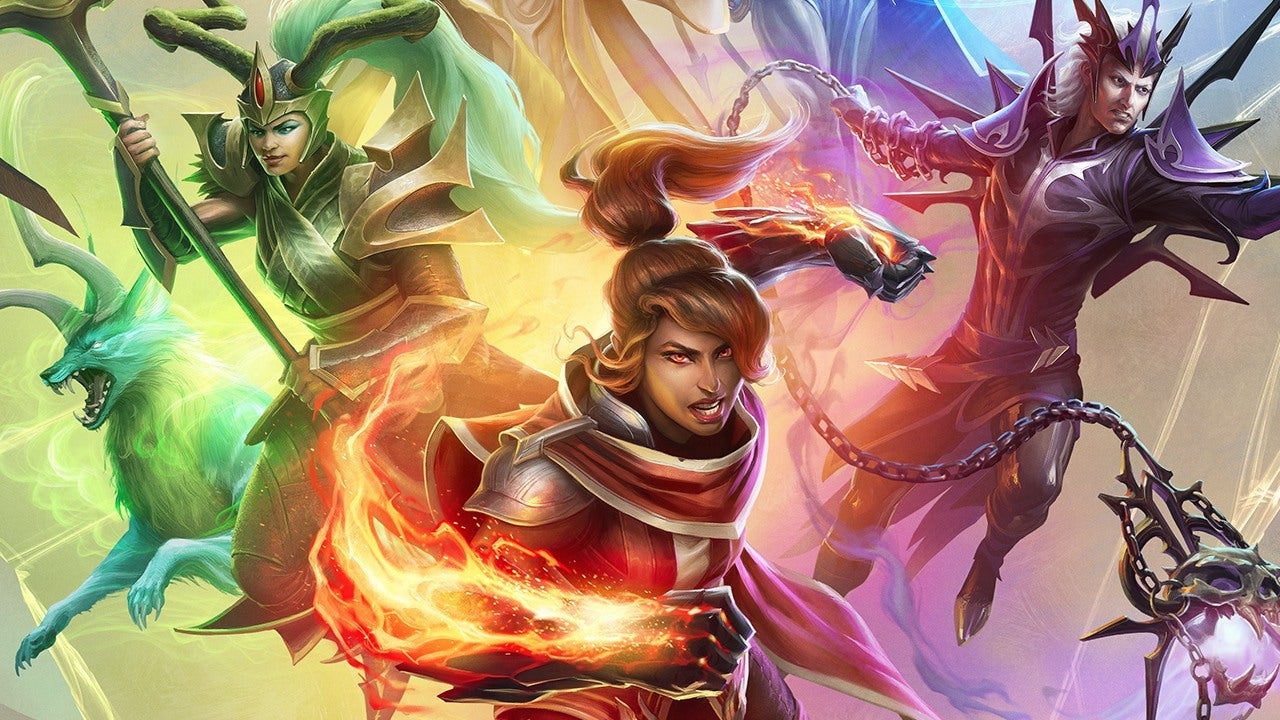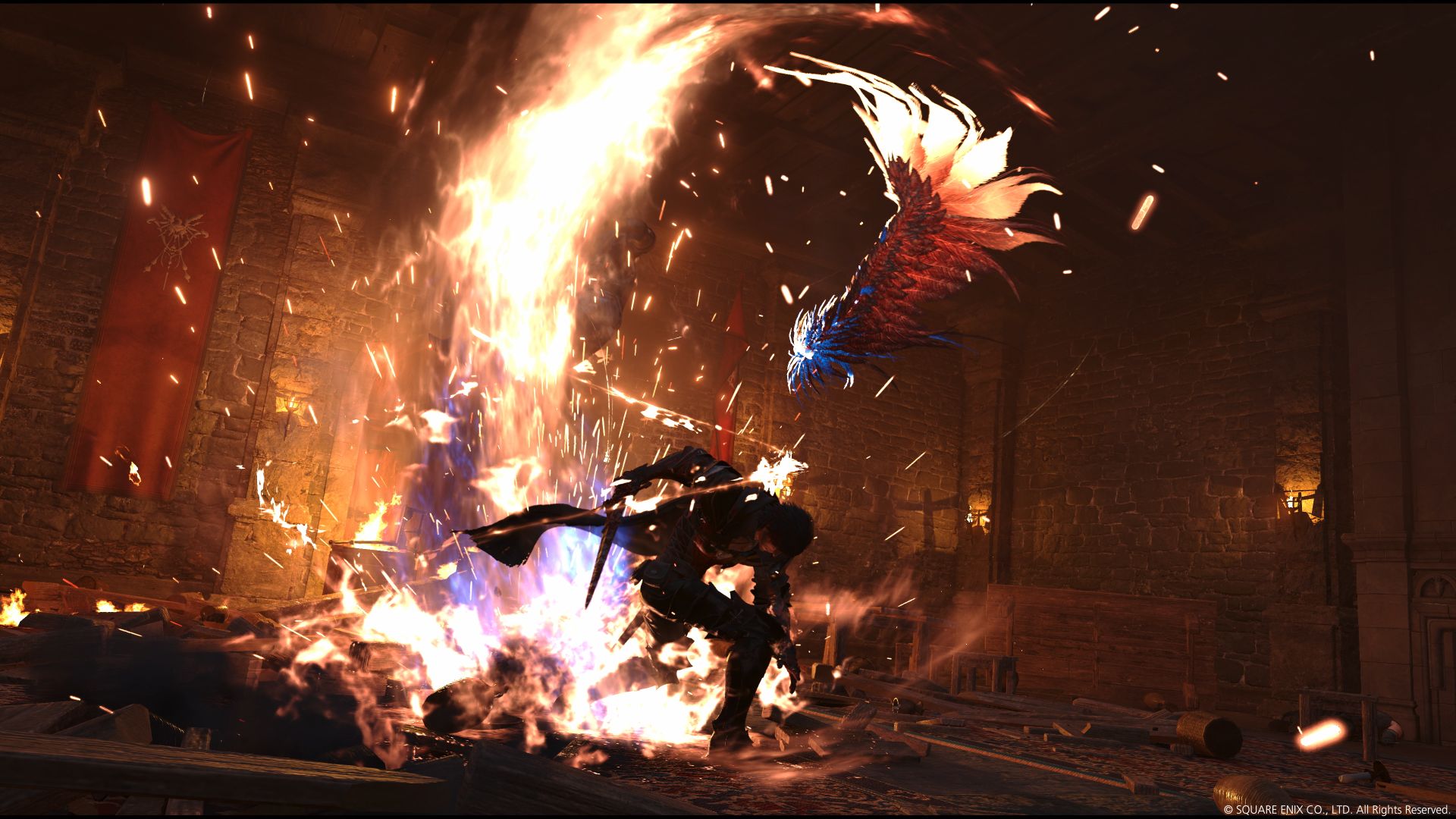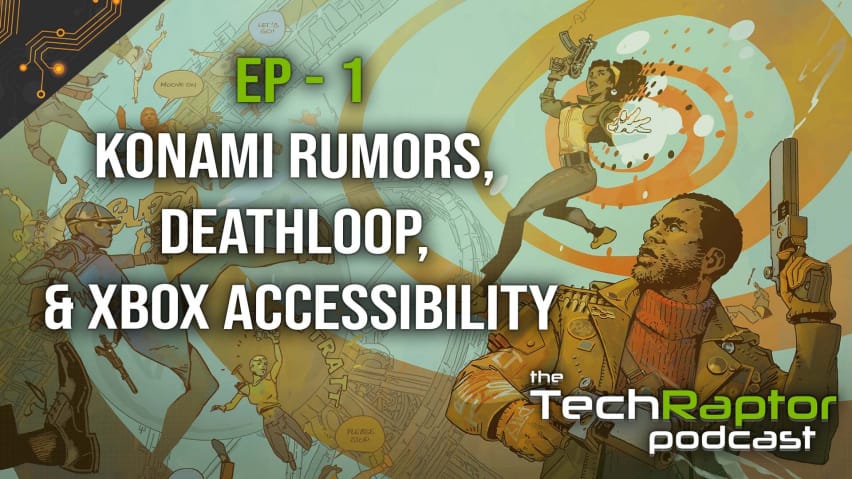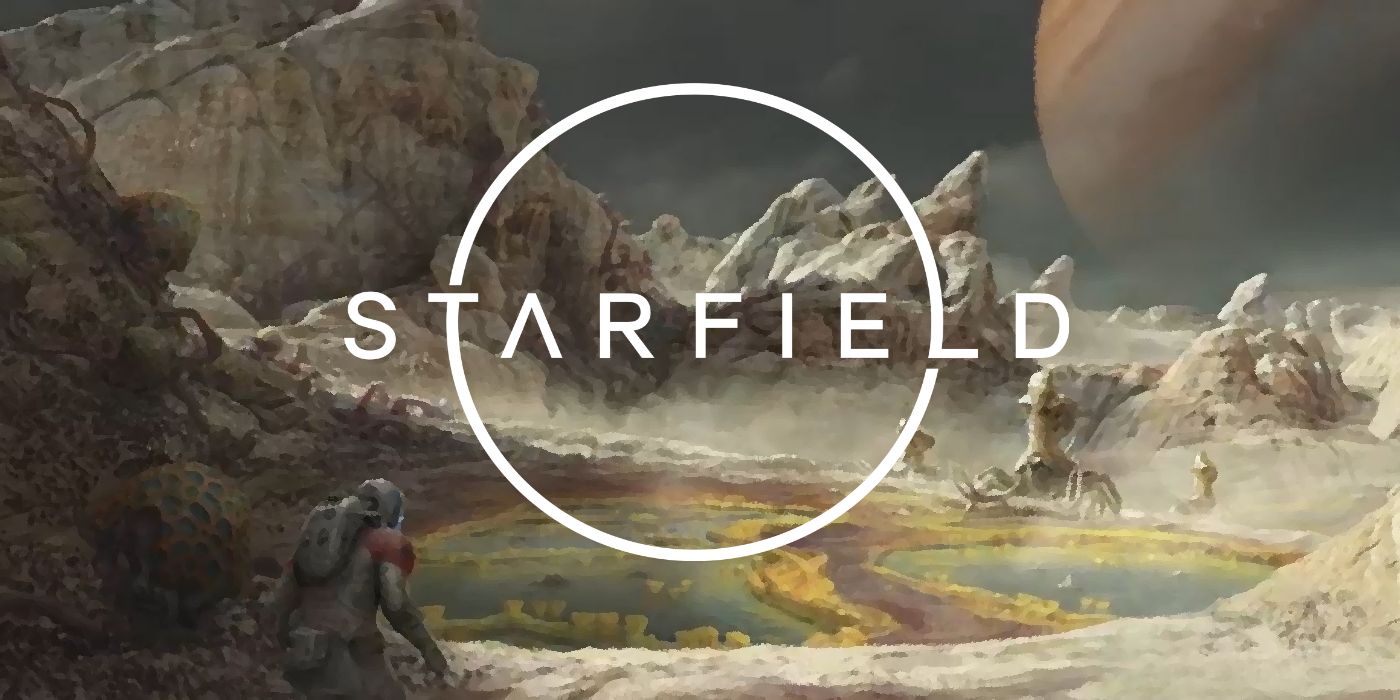

Bethesda's last few games have been surprisingly experimental within the confines of the studio's first-person RPG format. Fallout 4 introduced the series' first voiced protagonist. Fallout 76 attempted a multiplayer take on the franchise. Now, sci-fi RPG Starfield is set to be Bethesda's first new IP in over 25 years.
Starfield could go in any number of design directions, taking influence from both more recent Fallout and Elder Scrolls games while introducing totally unique features all of its own. If the game is going to succeed, however, it needs to lean into Bethesda's single greatest strength.
RELATED: Starfield's NASA-Punk World Needs Non-Lethal Combat

Bethesda games are about freedom, even if that freedom comes at the cost of tighter, character-driven storytelling. In the case of the Elder Scrolls series, players invariably start the game as a prisoner with no preset past. Their race, gender, and name are entirely up to the player. The character's personality and personal history are determined only by the player's imagination.
This has its drawbacks. Compared to series like Mass Effect and heroes like Commander Shepard, Elder Scrolls protagonists have far less distinct personalities. The relationships in Bethesda RPGs, romantic and platonic, tend to be flimsy and shallow compared to other video game stories. Their main quests tend to have relatively flat characters, and where their characters are interesting they rarely have a full arc across the story, often becoming generic followers instead.
Elder Scrolls protagonists are blank slates that players can project themselves—or any character of their own imagining—onto. They have no personalities, but as a blank slate, they allow players to place themselves directly into the game's world in a way that more preset characters like Commander Shepard do not.

Fallout 4 showed how difficult it can be to try and insert a player character with a more preset character into one of Bethesda's open worlds. Although players get a degree of control over the Sole Survivor's appearance, their story is remarkably prescriptive for a Bethesda game. In all cases, they were in a heterosexual marriage when the bombs dropped in 2077, had a son named Shaun, and set off to find him after emerging as the only survivor of Vault 111.
Even compared to Fallout 3 where the player saw the character's childhood in the opening, this felt like a far more preset character than any Bethesda game had attempted. Combined with the fact that Fallout 4's player character is fully voiced, and Bethesda ended up with a character who was far more like Commander Shepard than the Dragonborn.
The trouble was that, unlike the original Mass Effect trilogy, the world the Sole Survivor was being thrown into was designed for a far less linear or character-driven kind of storytelling. The result is a player character who, despite seeing their spouse die and losing their infant son to kidnappers, is completing side quests like the Silver Shroud storyline that, while fun, seem like totally unbelievable diversions for a parent trying to save their child to be distracted by.
The same applies to a degree once Skyrim's player character becomes the Dragonborn and before the death of Alduin. Reviving Riften's Thieves Guild seems like a strange undertaking when the world itself is about to end. At least in Skyrim, however, the player has the chance to enter out into the world without starting the main quest or learning that they are the Dragonborn, whereas Fallout 4's protagonist only enters into the open world once their son has already been kidnapped and the plot's high stakes and their character's direct personal investment in those stakes have been firmly established.
RELATED: Starfield May be the Final Nail in the Coffin for Beyond Good and Evil 2

If Starfield is going to lean into Bethesda's strengths, freedom needs to be prioritized above all else. That freedom doesn't just mean the freedom to fly around visiting new planets and exploring new settlements. Though that is part of it, that level of freedom is insufficient. What Starfield really needs to nail is a form of mental freedom. Players should be thrown into Starfield's world feeling like they have the ability to roleplay as whoever they want without contradicting the story. Exploring and completing side quests shouldn't just be fun, Bethesda needs to make sure it doesn't seem odd in the context of the main quest. When the game begins, Starfield shouldn't set up stakes that, like Fallout 4's, are so high that doing anything other than completing the main quest challenges the player's immersion.
So far, Bethesda has revealed a few details about Starfield's main plot. Based on the E3 trailers and subsequent marketing materials, Starfield will involve the player character making a discovery that will lead them on "humanity's final journey" to unveil the truth behind "life's greatest mystery." This makes it sound very likely that the player character will come across something which hints at intelligent alien life in the universe, before setting off on a journey to find the source of whatever clue they uncover.
The theme of exploration could be a huge boon for Starfield, helping ground the in-game exploration that players will want to do within the reasonable motivations of their character and the MO of the spacefaring faction, Constellation, that they appear to be a part of. Bethesda still needs to be careful, however, to ensure that players feel like they have permission to ignore the main quest in-character without just having to accept that they're ignoring the main quest as a player in order to experience more of what the game has to offer.
This means releasing players into the game's open world before the true stakes of the plot have been fully revealed, which is what Skyrim does. This also means resisting the urge to have the player start the game as a member of Constellation instead of having them join the faction as part of the main quest and giving them the option to roam the universe before that. If Bethesda doesn't prioritize roleplaying freedom in Starfield, players won't be able to project themselves onto their characters as easily, and the shortcomings of Bethesda's storytelling in its large open worlds will become more apparent. If Starfield takes the freedom of previous Bethesda RPGs to the next level, the studio's new IP could be the success it is hoping for.
Starfield launches November 11, 2022, on PC and Xbox Series X/S.
MORE: Starfield May Not Have Aliens Like Many Fans Hope
